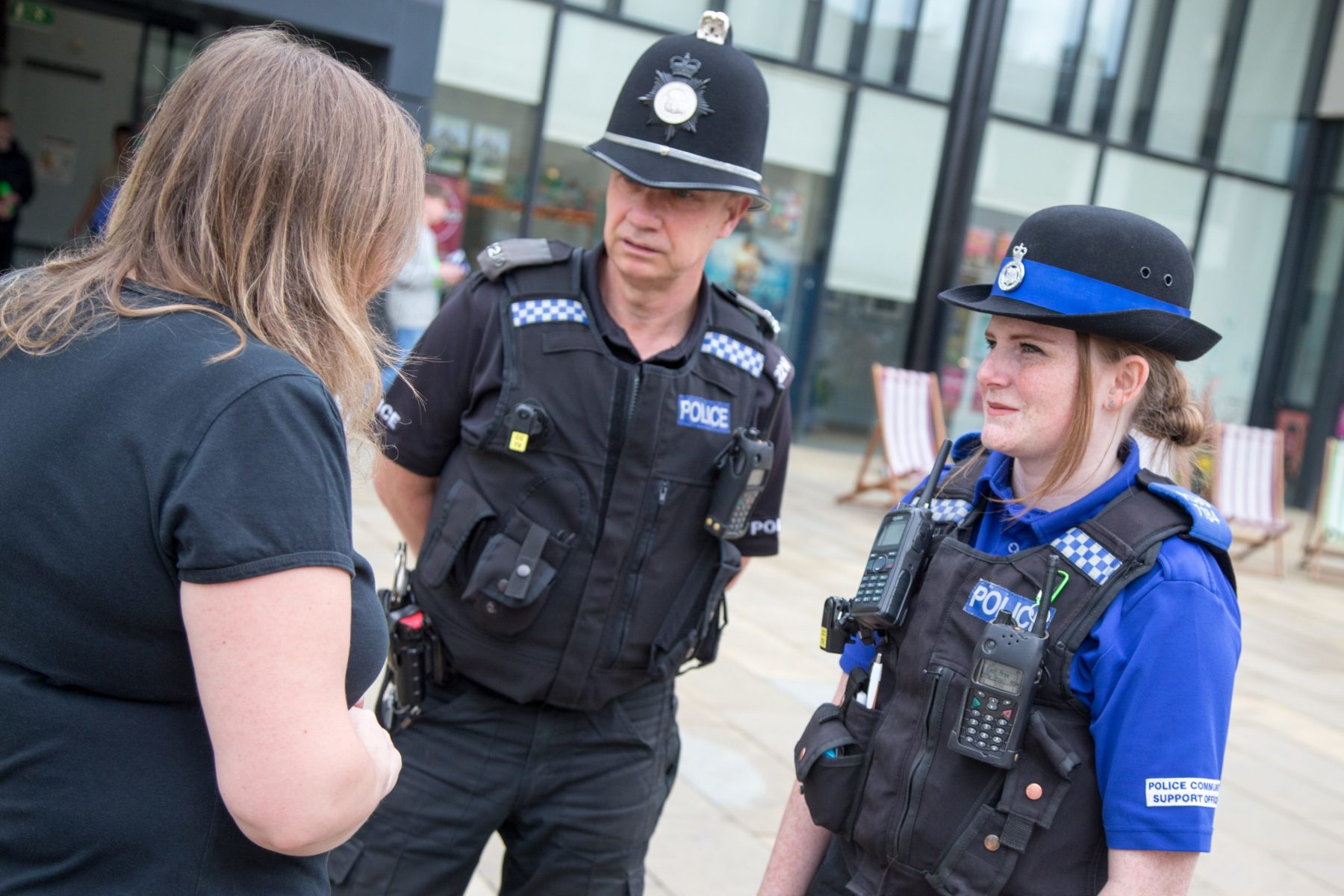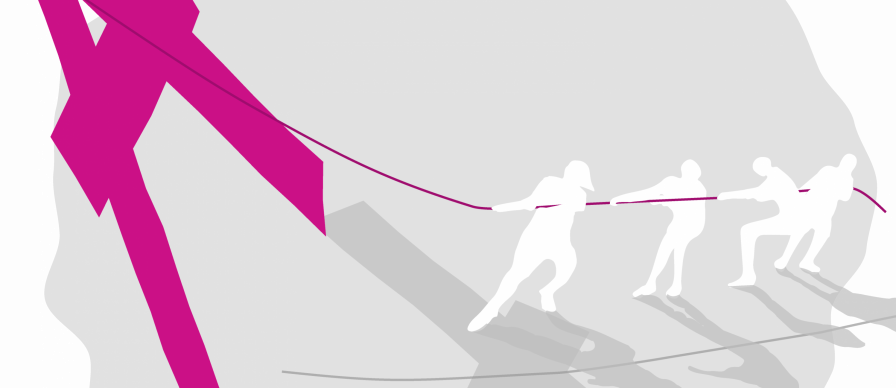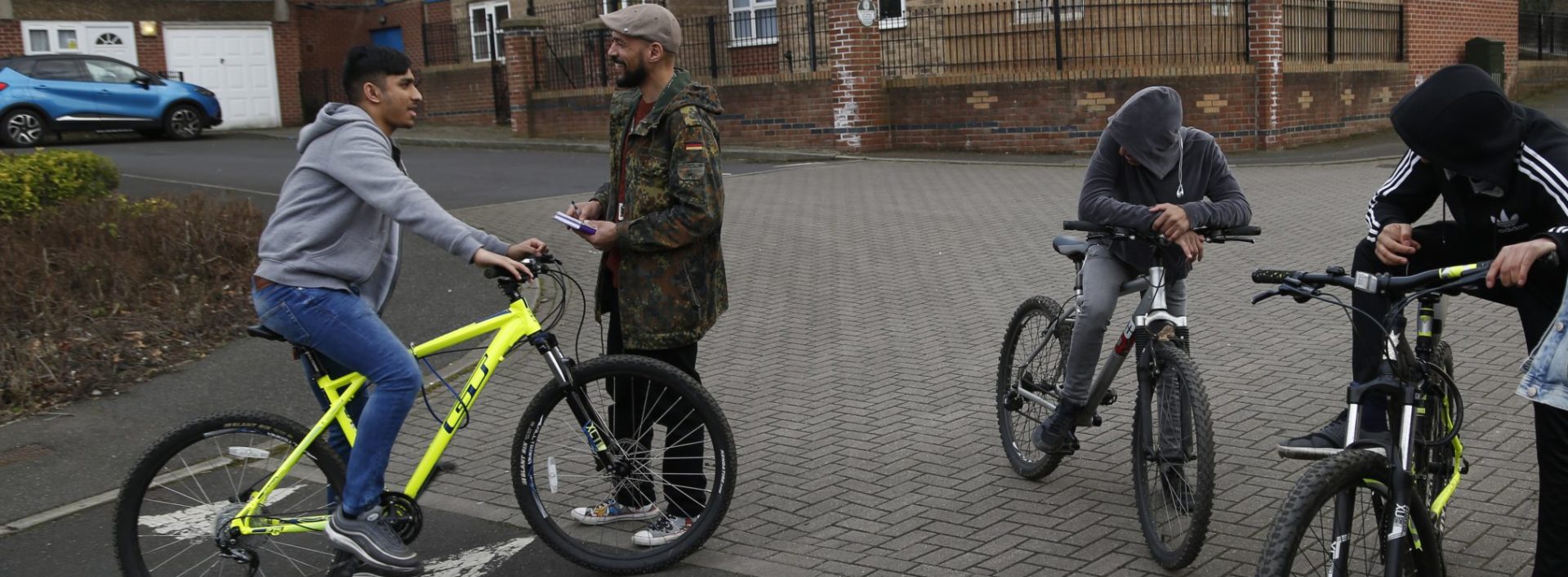Community Organisers is a national membership body and training organisation for people interested and involved with community organising. We are also the home of the National Academy of Community Organising which is made up of 22 neighbourhood organisations who work with us to deliver our training courses and programmes as well as mentoring and practise support in community organising.
We have been supporting the Home Office to consider how community building and organising approaches can tackle the challenges that communities face through acquisitive crime by looking at approaches to engagement that can effectively mobilise communities.
Studies show where people are connected and there is a strong sense of togetherness they are more resilient to the challenges posed by crime and disorder. In these areas people are more inclined to act together and intervene in matters that may otherwise be detrimental to the common good. This is what Robert Samspon argues as ‘collective efficacy’.
However, not all communities are connected and resilient, and this needs to be built. To do this, we believe that you need to adopt an approach to building community that starts by listening, building on what exists and working with people to create their own solutions to the challenges that they face. Doing this has a greater impact in mobilising larger numbers of people in both owning and providing the solutions at a local level.
External evaluation of our own work by Ipsos Mori, shows that where community organisers are active people are more inclined to come together and take action to improve their neighbourhood.
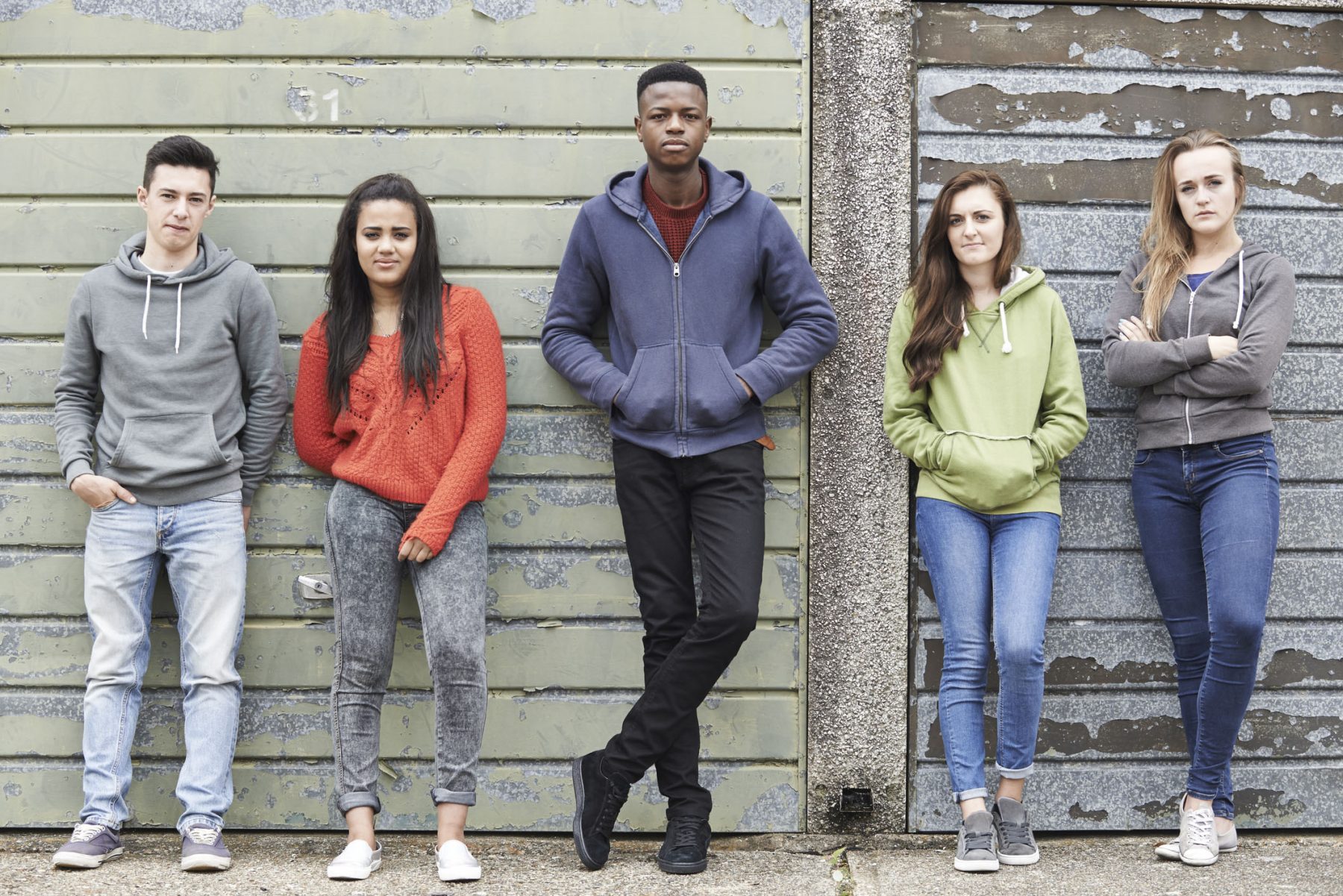
What is Community Organising?
Community organising is the work of bringing people together to take action around their common concerns and overcome social injustice. Community organisers reach out and listen, connect and motivate people to build their collective power. When people are organised, communities get heard and power begins to shift creating real change for good.
Community organising begins with knocking on doors and listening deeply to the concerns and motivations of people about their lives and communities. The aim is to bring together people with shared interests, help them to develop their confidence and sense of collective power, identify common goals and develop a strategy to achieve them – and motivate them to act together to achieve their goals and build their power. These actions are collectively described as social action – organised activity that seeks to improve human welfare, deepen civic culture and develop group life and commitment to others.
For more information on ‘what is community organising?’, please click HERE.
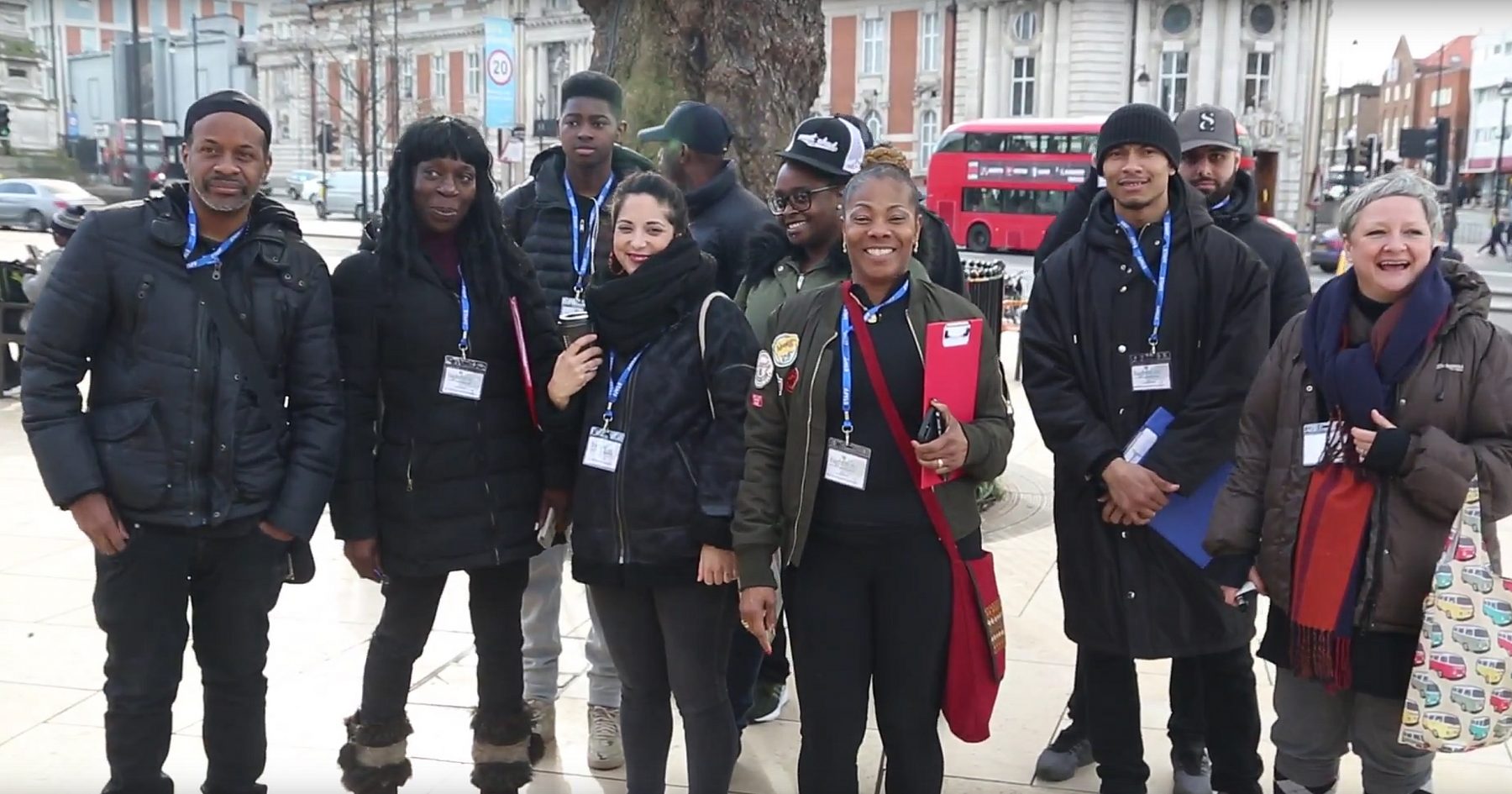
Our Network of 22 Neighbourhood Organisations
‘Social Action Hub’ is the term we use to describe local hubs of community organising, which are also quality assured training hubs affiliated to Community Organisers.
There are 22 Social Action Hubs across England, locally rooted organisations that may be able to add value to Safer Street Fund applications and offer direct support from an experienced community organiser.
For more information on Social Action Hubs, please click HERE.
Stories of local change
Gloucestershire:
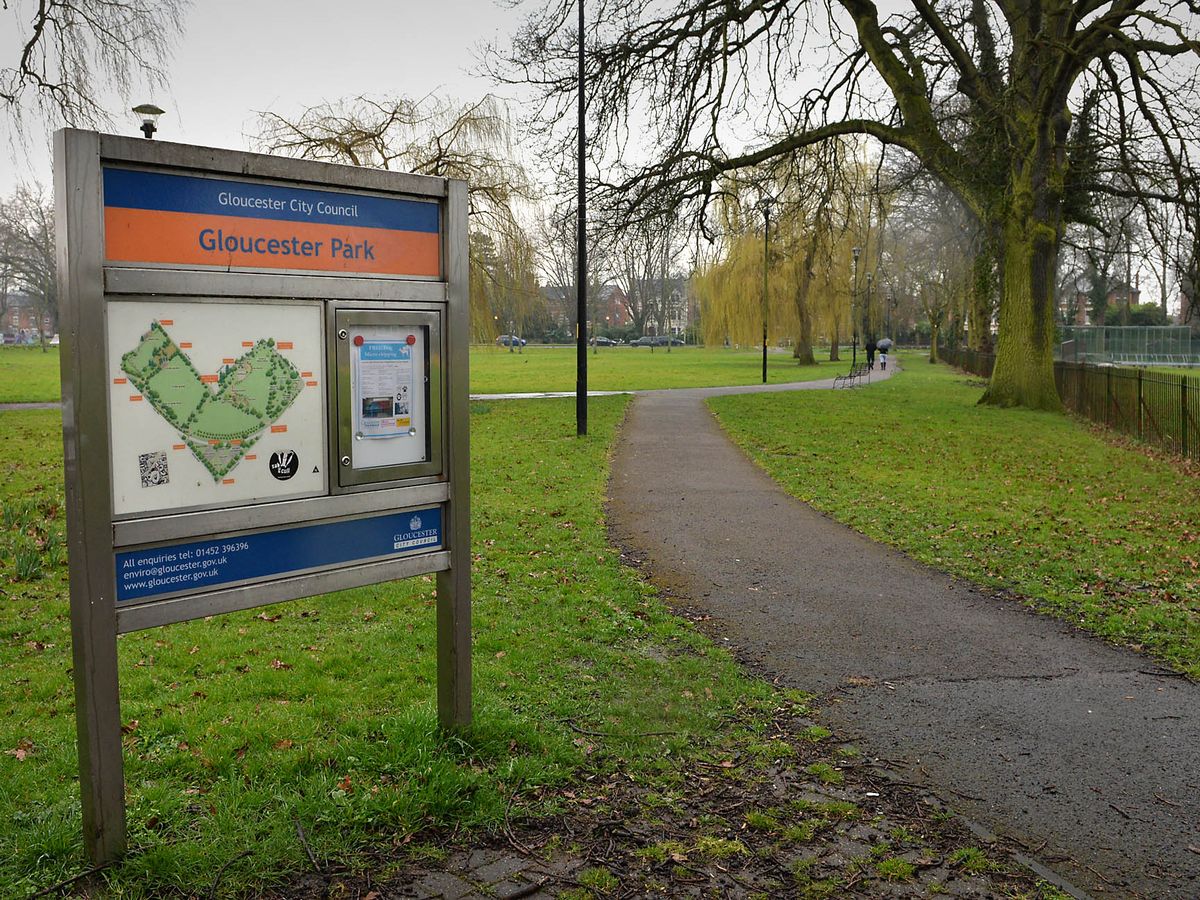
A central park surrounded by a large number of houses of multiple occupany was a central meeting place for a large number of ‘problem drinkers’. This led to many people in he community feeling the park was unsafe and consequently park users were at risk of crimes such as robbery, theft and assault.
A team of community organisers were working in the community and spent time listening to the men who were unaware of the impact that they were having on other park users.
Through listening to them, the community organisers learnt that the men were using th park as a meeting place due to them not wanting to meet indoors due to their substandard living accommodation.
By engaging with them, and working with them to develop their own solution, the men created a conversation and coffee club in a disused community cafe which could be used by themselves and the whole community.
Nottinghamshire:
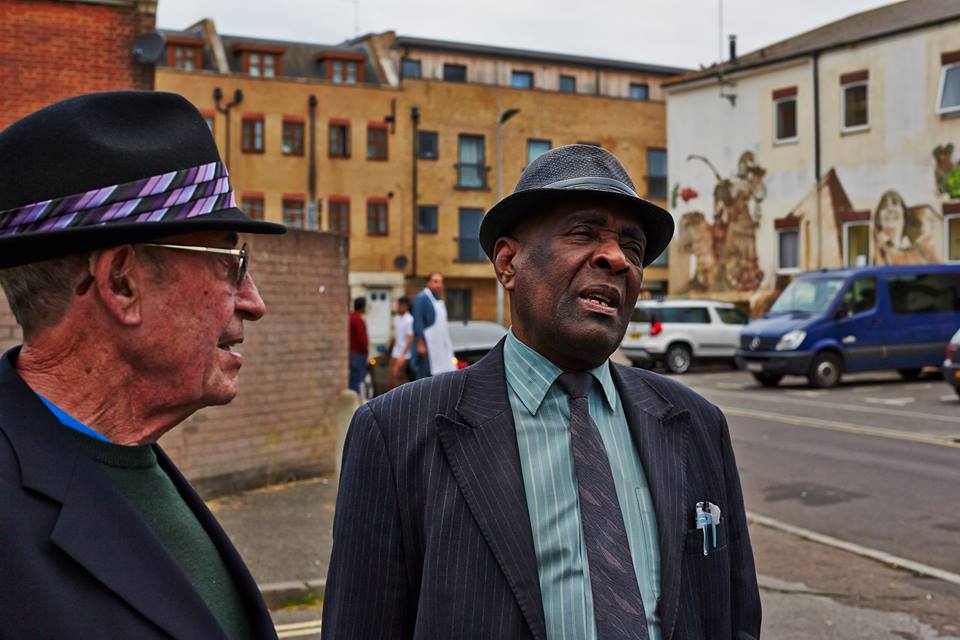
Nottinghamshire police force worked with community organisers as part of their campaign for crime prevention and early intervention.
The force hired a senior community organiser who helped them look for new ways of engaging with disaffected communities in the area. The community organiser ensured that residents are better connected, helped with early intervention by identifying ‘behind closed door’ issues, supported communities to take joint ownership of local problems and helped build the sustainability of local economies.
The community organiser listened widely on the doorstep to the issues that mattered to residents. They helped train and co-ordinate local volunteers in order to build their skills and confidence, as well as helping communities implement project ideas. They also worked with the police Prevent project team, providing advice on maintaining trust and relationships with local communities.
Birkenhead:
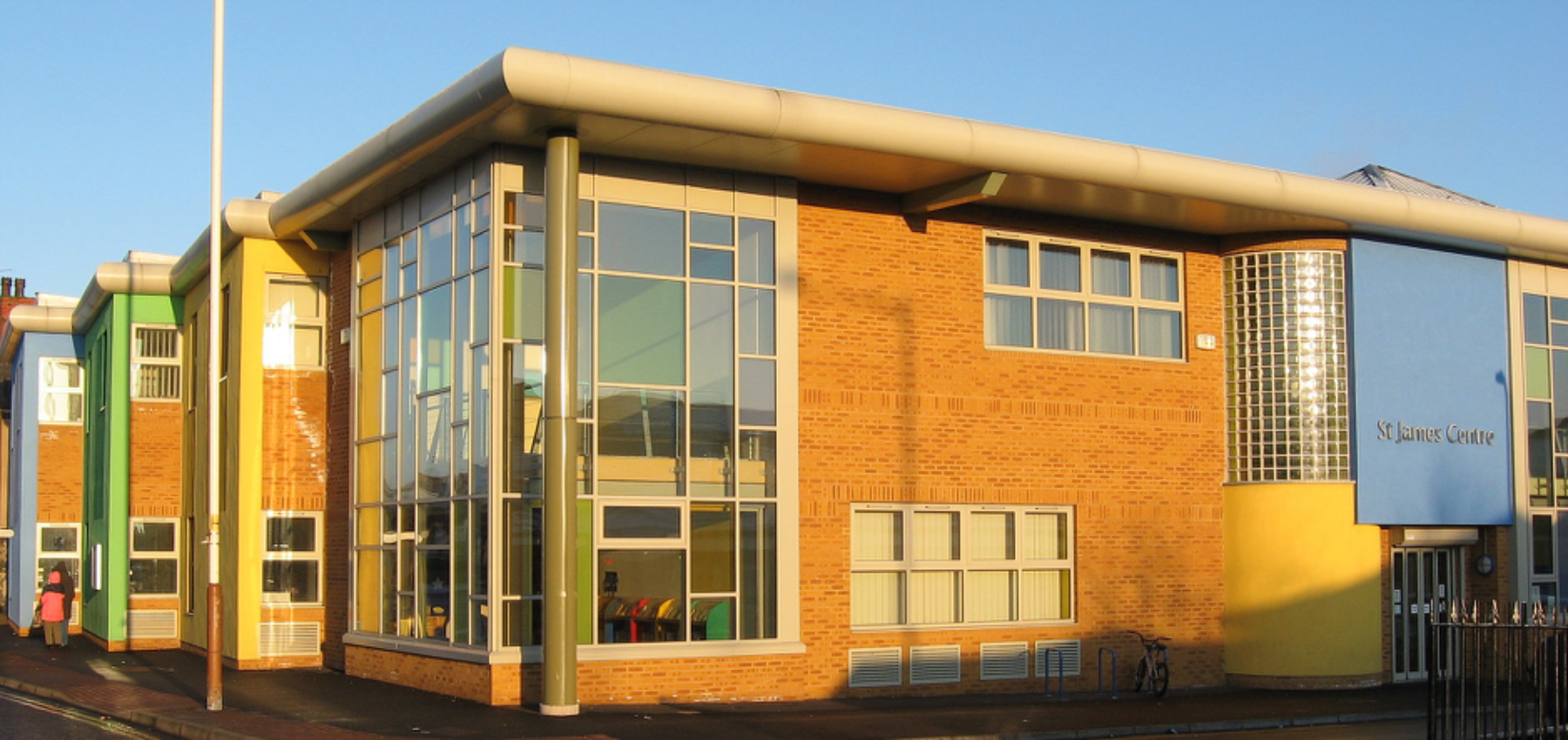
Eve Barrett, Trust Manager and Community Organiser at North Birkenehad Development Trust recognised that for lots of young people in the area crime was seen as the only opportunity for material gain. However, when young people started to use the centre to ‘hang out’ away from the ark cold nights they would cause disruption and problems for other users of the building.
Rather than asking the yojung people to leave, Eve took time to listen to the young people to identify what they would rather be doing. Many expressed a desire to do something ‘hands on’ or get work experience. Seeing the young people for what they could offer rather than for the challenges that they presented Eve decided to try and encourage young people who ‘hang out’ in the centre on an evening to become a part of how the centre works. This began by offering the young people incentives to behave respectfully whilst using the building.
Young people are now given ‘shifts’ out of school hours, and during times we know those young people would otherwise be offending or be part/on the fringes of criminal behaviour. These roles include supporting the janitors with the up keep of the building, cleaning tasks and fixing and maintaining furniture and fittings. These shifts are usually 2 or 3 evenings a week from 5:30pm – 7:30pm.
Rotherham:
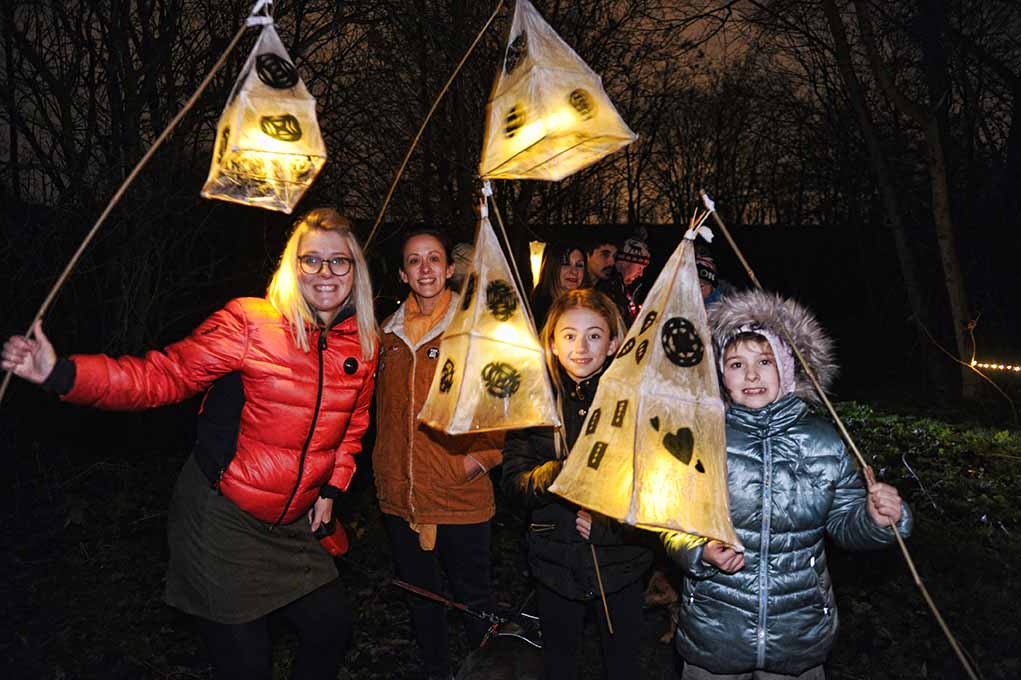
The Green Hill beauty spot was under threat from anti-social behaviour, litter, fly-tipping, and even the threat of excavation from a local road resurfacing company. Some local people had already started a petition to save the site when Sarah, the local Community Organiser, started listening in the area.
Seven community members came forward with an idea to create a community event and joined forces with other local groups to plan a winter lantern walk through Green Hill, bringing the community together to appreciate the area and raise awareness about the issues.
The small coalition reached out into the wider community, inviting local people, groups, organisations and businesses to get involved. They held lantern making workshops at a local community hub, which brought together a diverse group of people from around Rawmarsh and Parkgate.
The event itself attracted around 85 people but, more importantly, brought the community together to connect around their common love of Green Hill and demonstrate its role as an important community asset.
The road surfacing company has abandoned its plans for now, but the community organising around the lantern walk and future events is paving the way for a more powerful community, which is combatting the ongoing anti-social behaviour and fending off any future excavation plans through collective positive action.
Developing community organising in your area for Safer Streets:
Stories of local change leaflet
Social Action Hubs information
Safer Streets Fund information sheet
